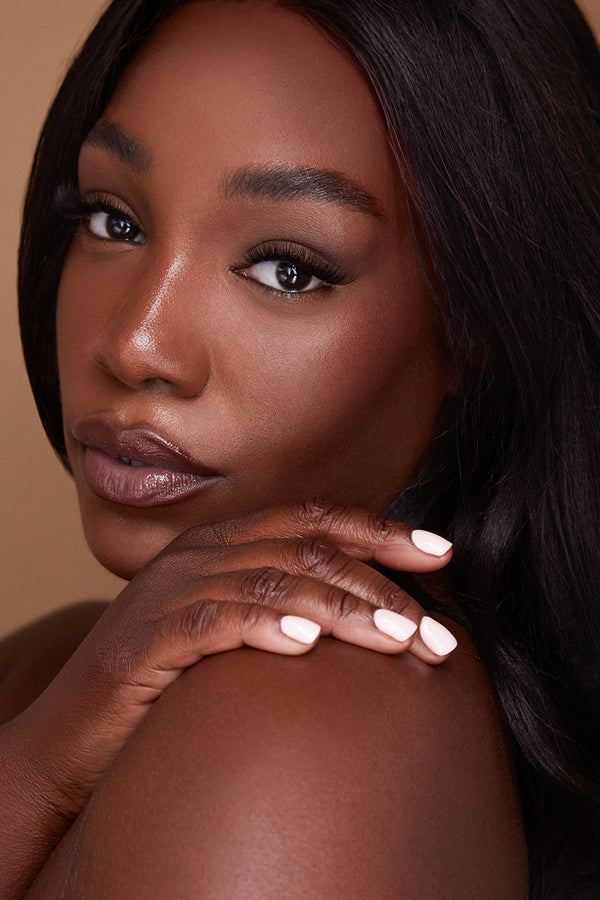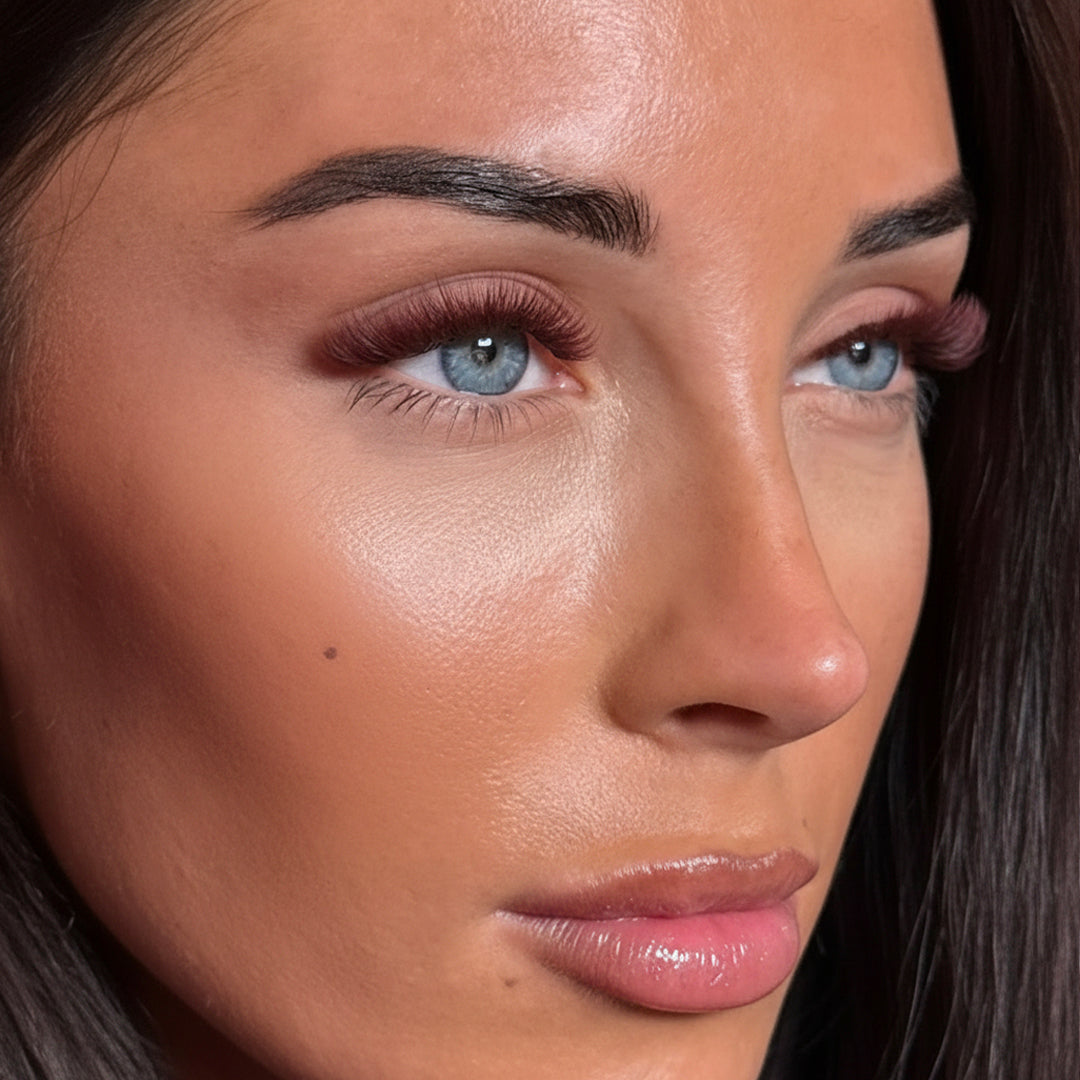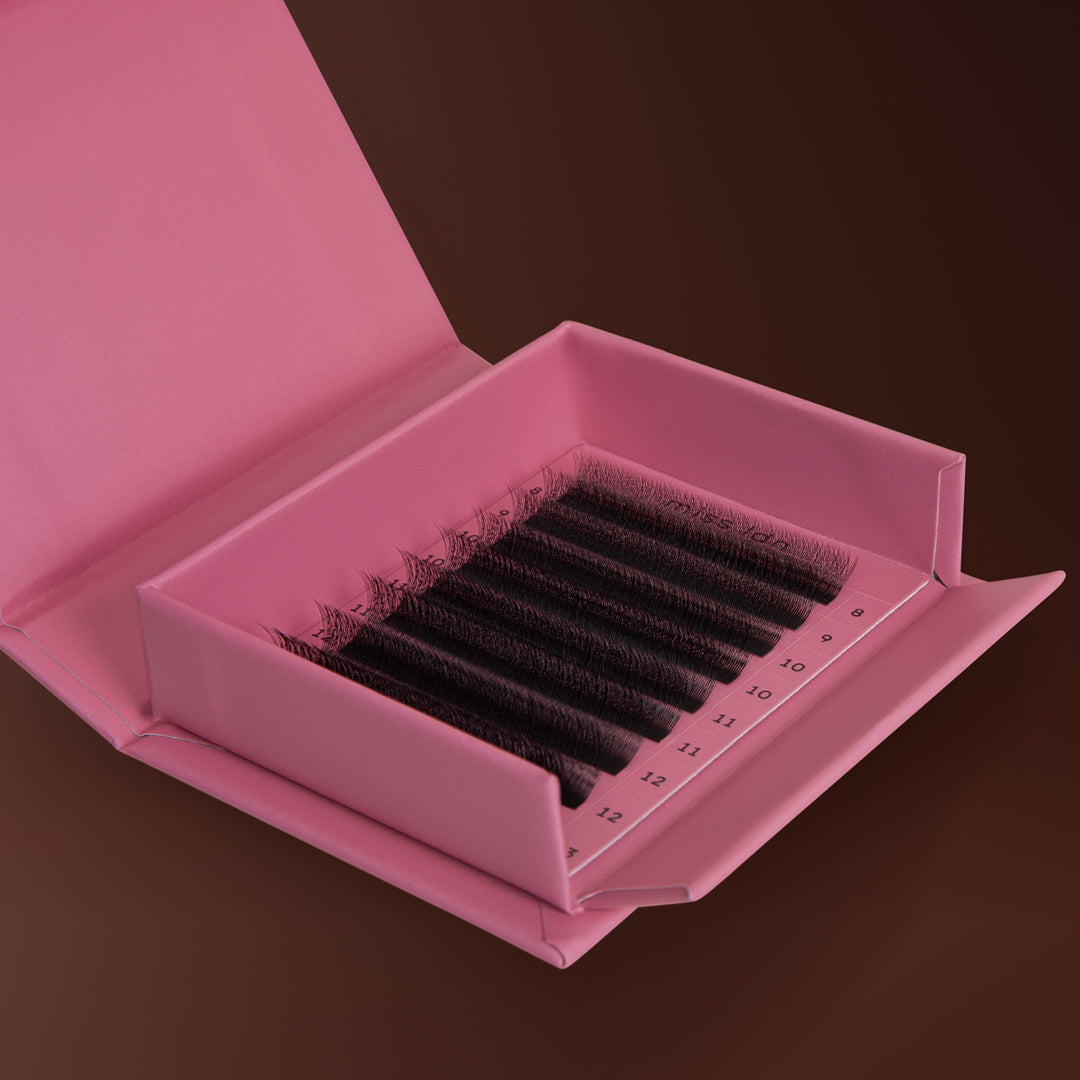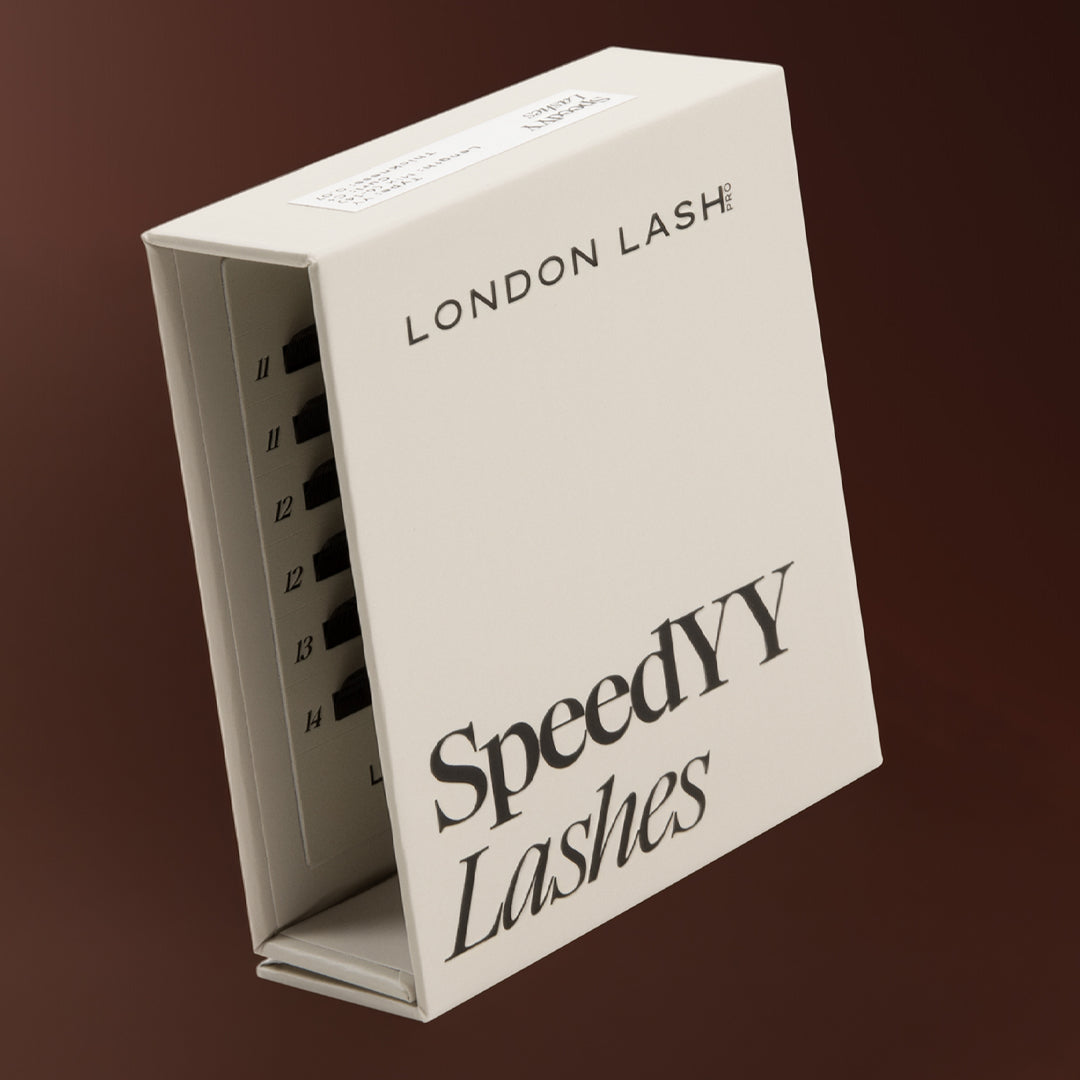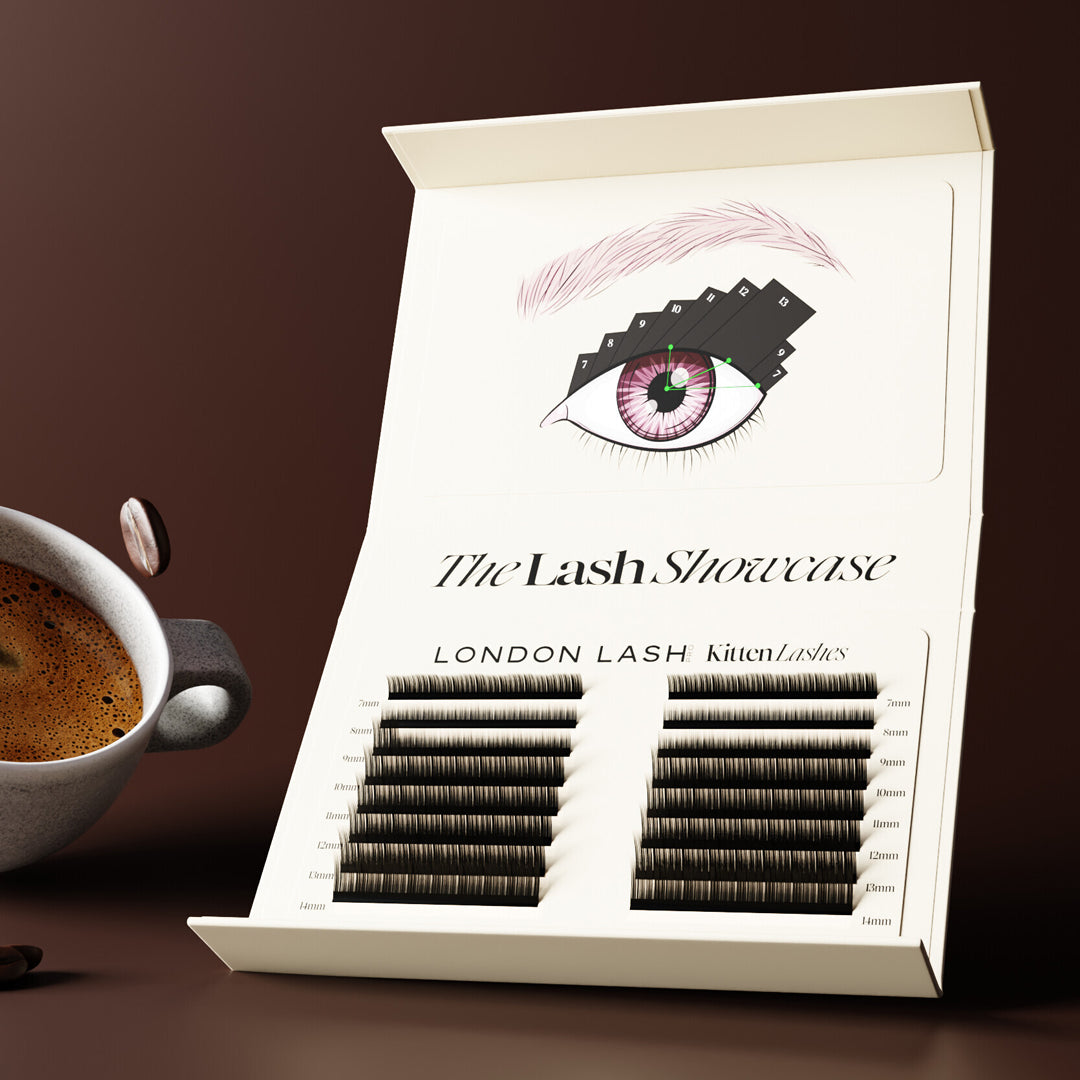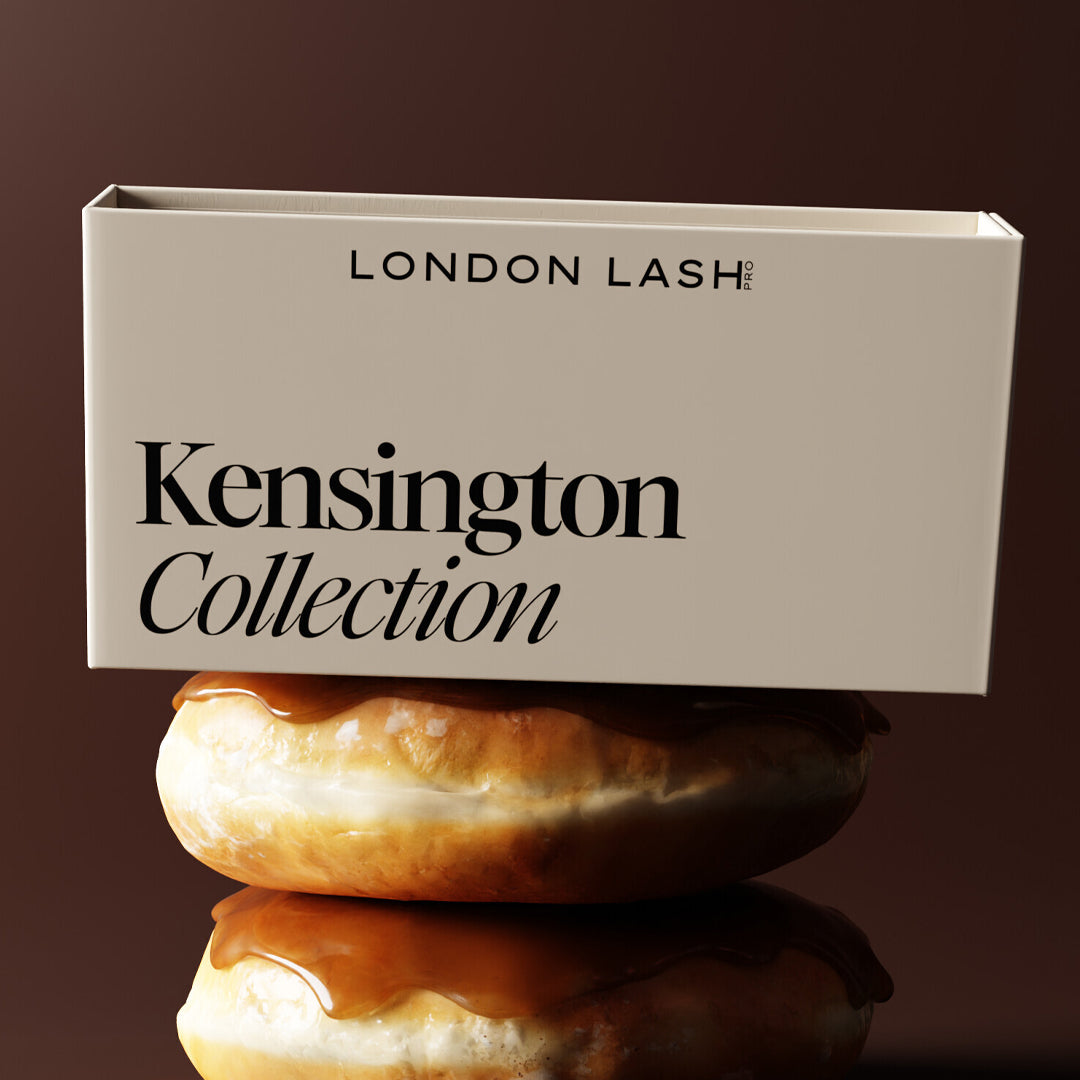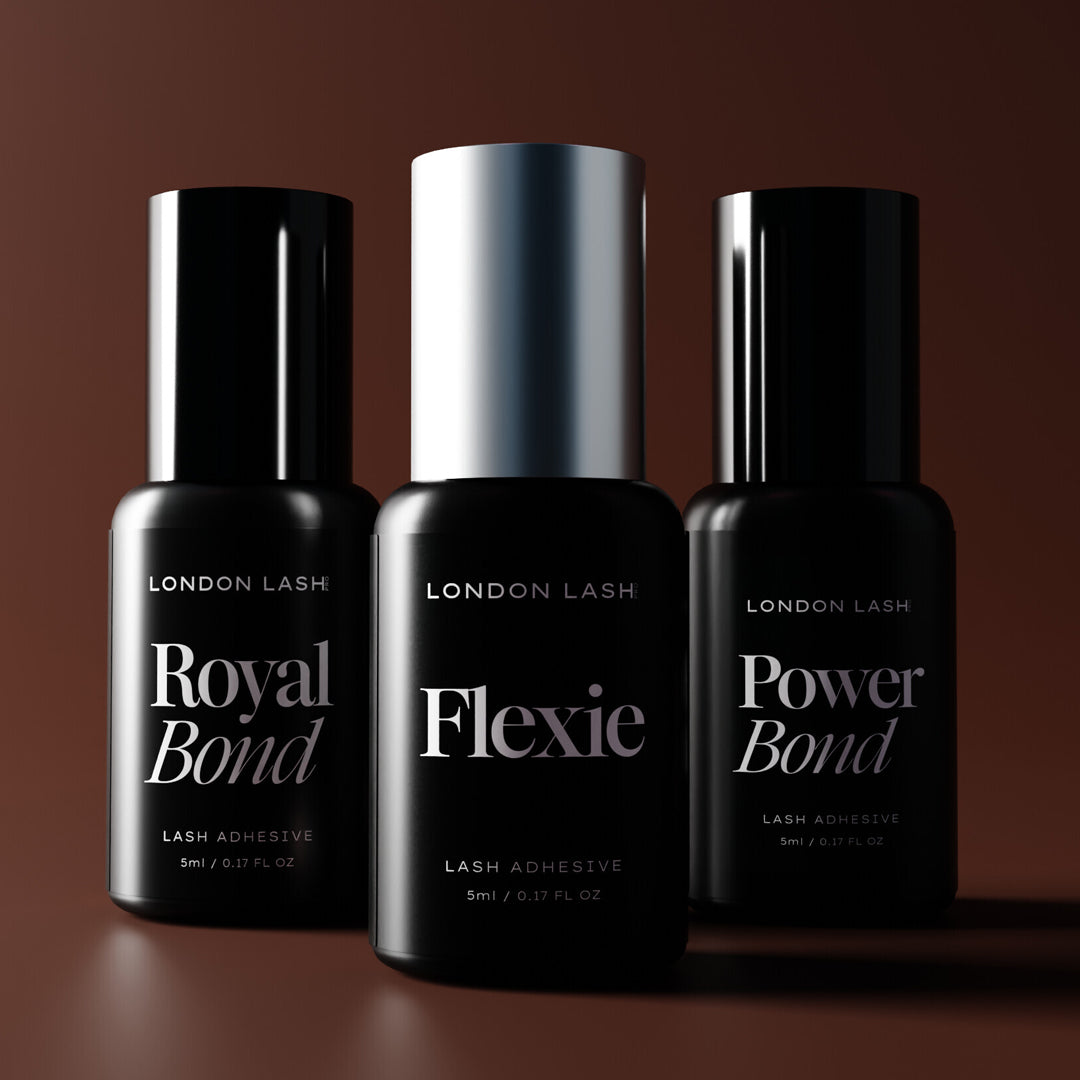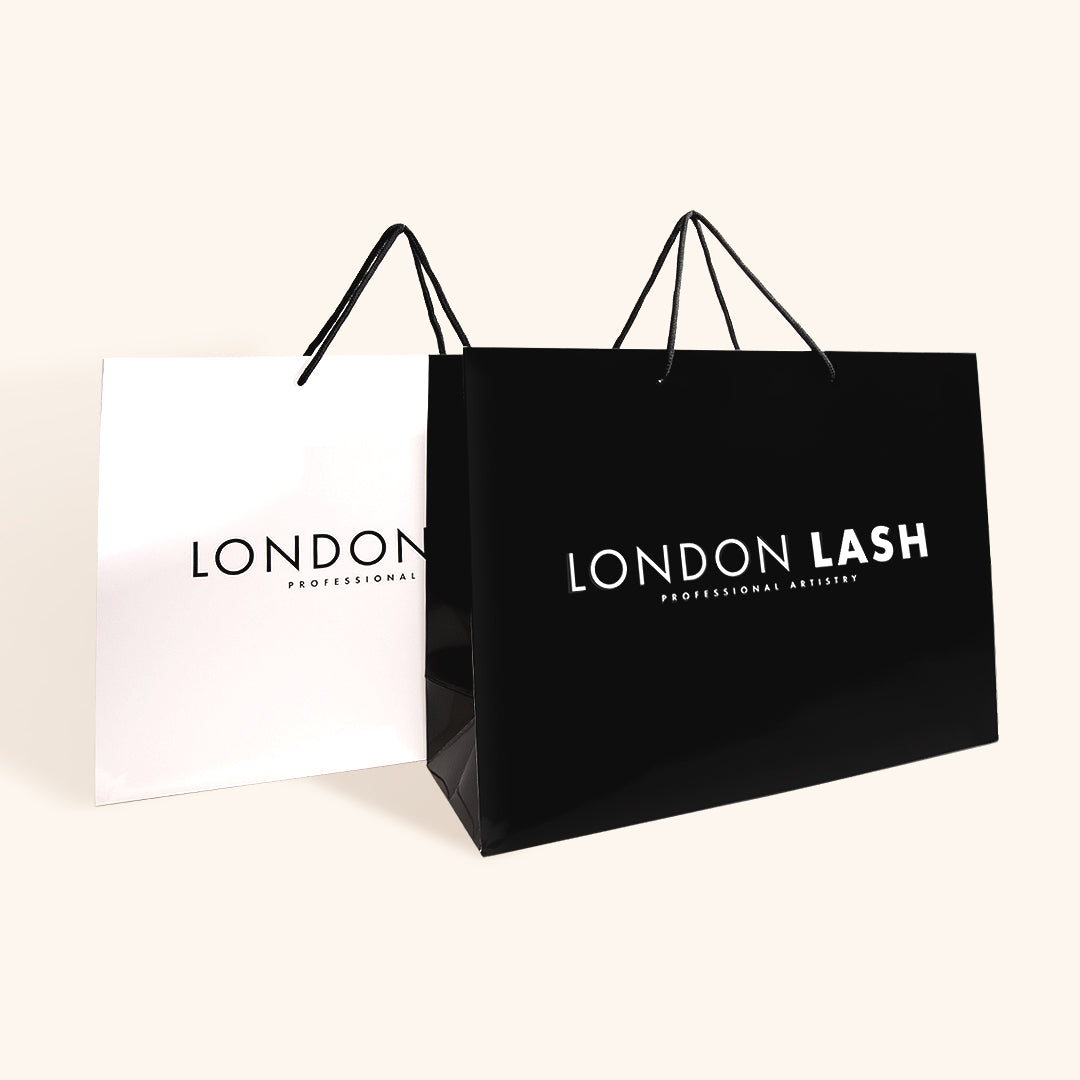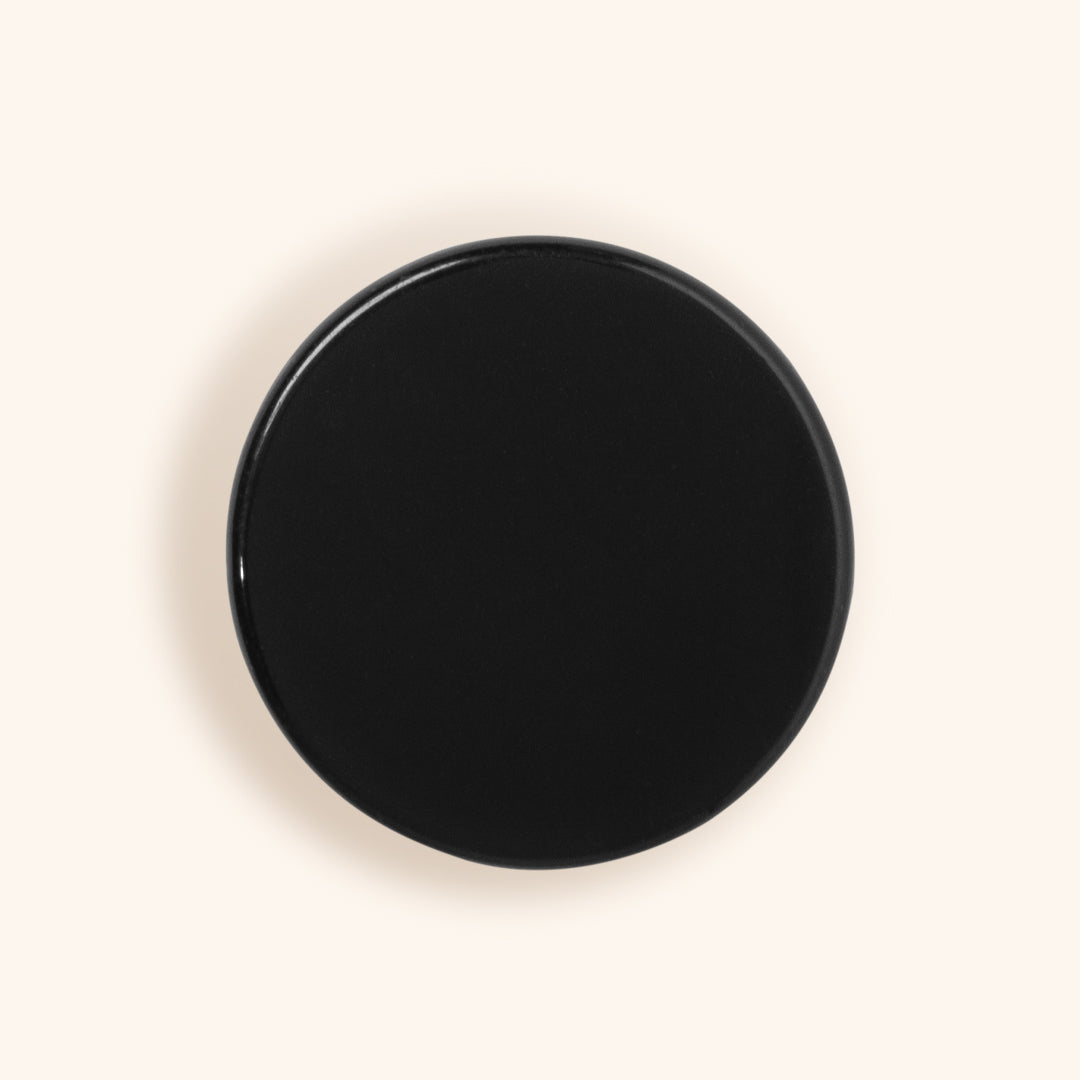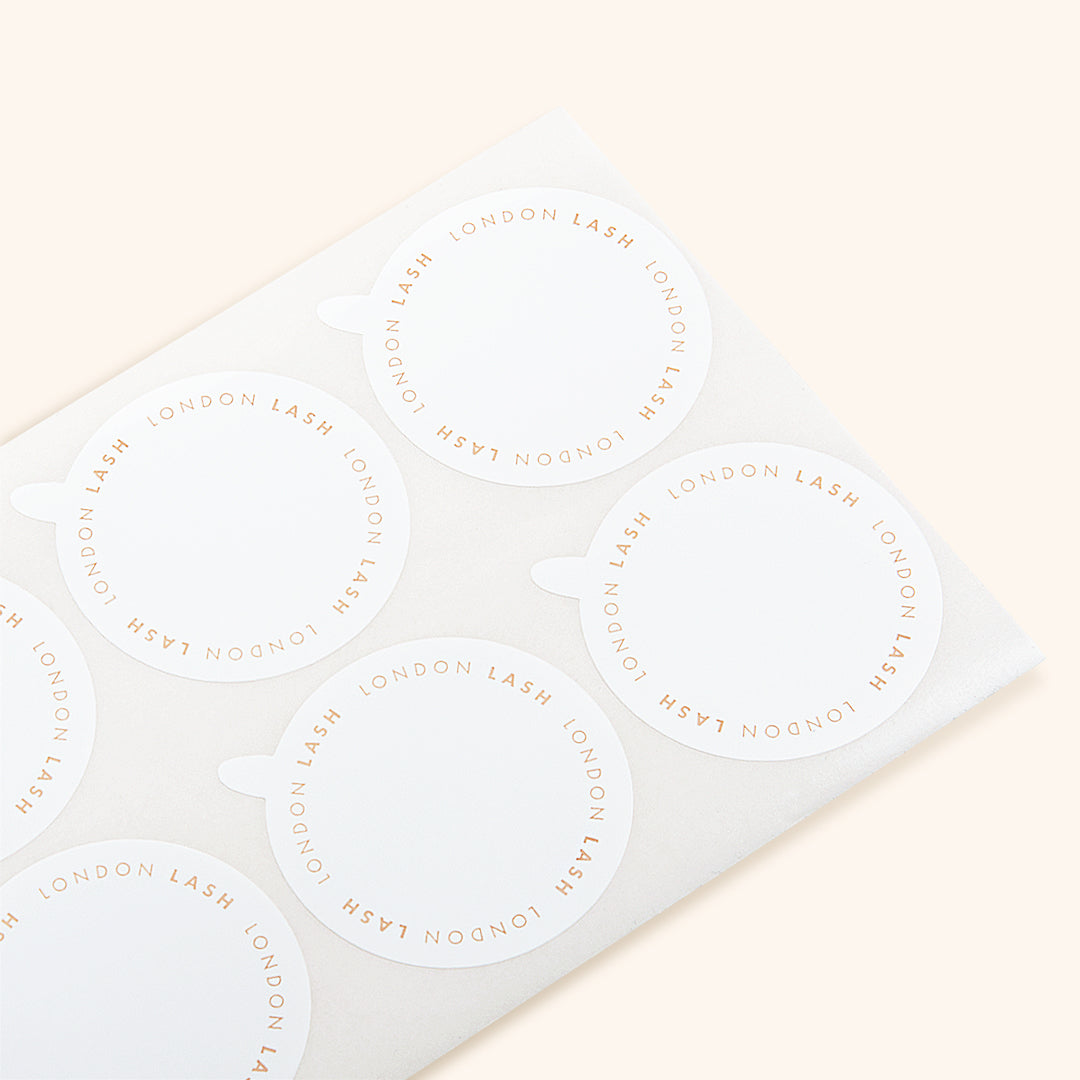Glues & Liquids
EYELASH EXTENSIONS
Save Up To 63%
The Truth About Sensitive Lash Glue...
3 min read
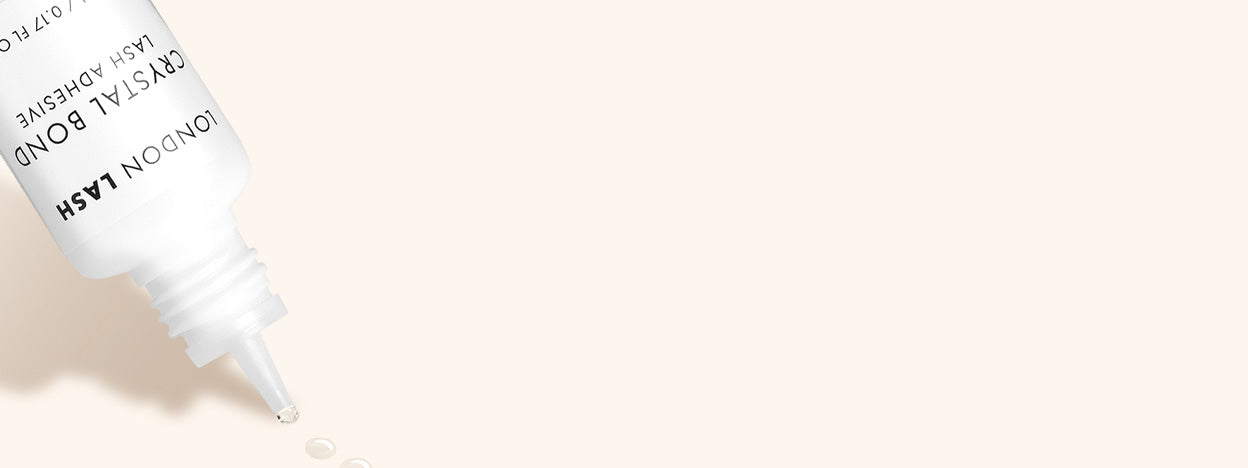
Sensitive Lash Extensions Glue: Does it Really Do What You Expect?
A lot of questions arise when it comes to Eyelash Glue, particularly those about 'sensitive' Lash Glue. Is it worth it? Will it really help with allergies to eyelash extensions? Or is it just a marketing ploy to get people to purchase weak lash extension glue? Well, we're here to answer all your questions and discuss the truth about sensitive Eyelash Glue for lash extensions.

What Makes A Lash Glue ‘Sensitive’?
Put simply, it’s the amount of cyanoacrylate inside it, the less cyanoacrylate, the more ‘sensitive’ it is deemed to be. Cyanoacrylate is the chemical which helps glue dry and it's present in all glues, from lash glue to super glue.
What does this mean, though? It means your glue dries slowly if there's less cyanoacrylate present, which actually exposes your client to the fumes from the glue for longer and increases your working time as you have to hold the lash extensions in place for longer while the glue cures on the natural eyelashes. It also increases the risk of stickies because it stays wet for longer.
Does Sensitive Eyelash Glue Prevent Allergic Reactions?
In short, the answer is - 'No'. It might slow the onset of an allergic reaction or make it less severe in the first instance or two, but if a client is allergic to the cyanoacrylate in lash glue, there’s nothing you can really do to change that fact.
Allergic reactions to glue are accumulative, that means they build up over time as the body continuously tries to tell you ‘I don’t like this...’ - with that being the case, reactions will 1) Become more severe over time, and 2) Are more likely to affect clients who have been with you for a while. Read more about allergies to lash extensions and adhesives in this blog post.

Does Eyelash Glue for Sensitive Eyes Prevent Chemical Burn?
No, again it still has the same ingredients and it still produces fumes - like we touched on above, due to its slower drying time you and your client are actually exposed to those fumes for longer, so if their eyes are open during the treatment, they’re just as likely, if not more likely to experience a chemical burn with a slower drying glue.
So Sensitive Lash Glues Don’t Exist?
We can’t speak for every lash brand, but we never market any glue as ‘sensitive’ for the above reasons - it leads you to believe your client’s allergy will be cured when really, it may reduce it for a while, only for it to come back worse in future.
Some brands do have glues which they might market as sensitive, which will be very slow to cure and they will still have cyanoacrylate present in their ingredients. You can try them, of course, and they might even help, but you should exercise caution at any rate. Find out more about the complete London Lash adhesive range in our comprehensive ebook: The Ultimate Guide to Eyelash Extensions Glue.
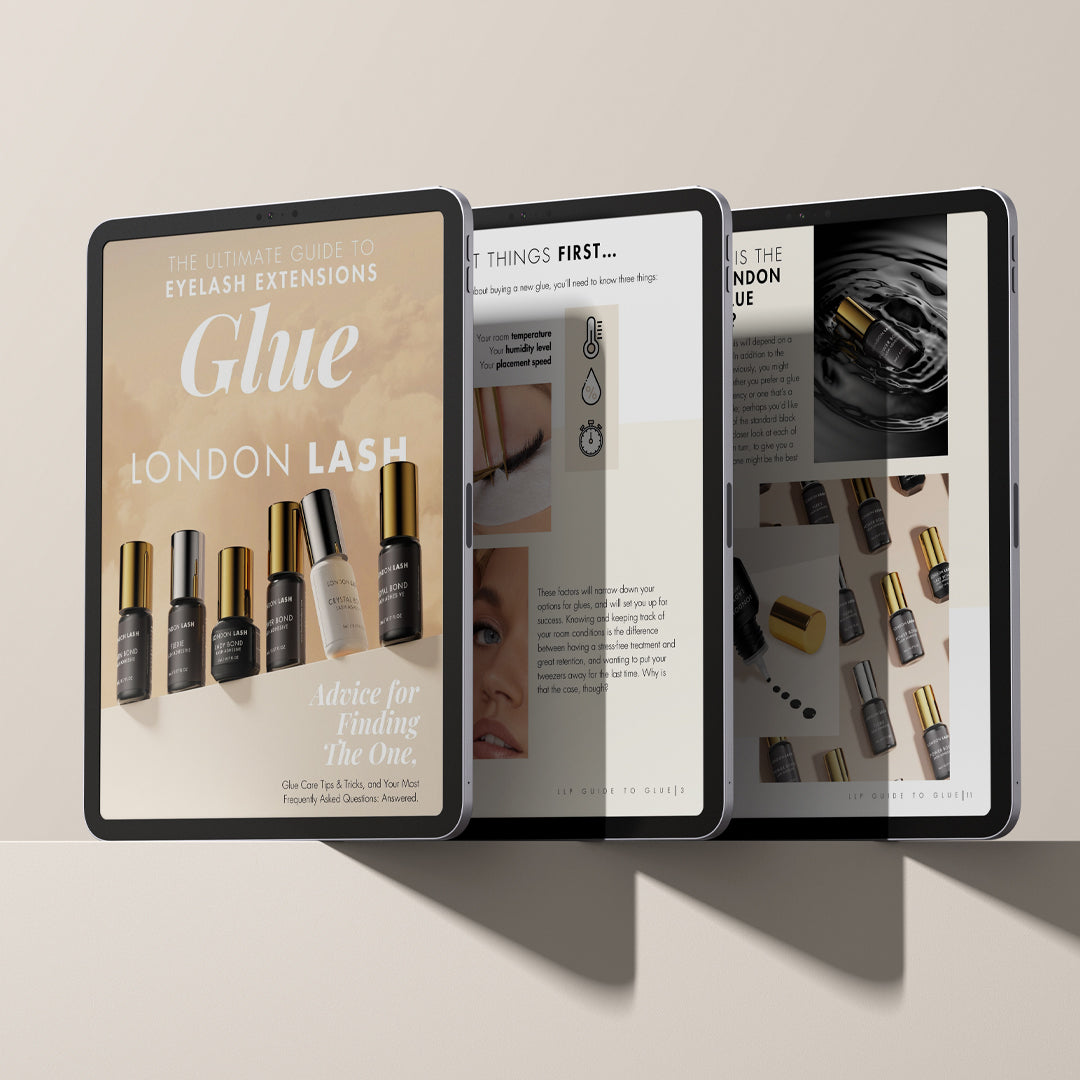
Are There Any Lash Extensions Glues Without Cyanoacrylate?
Cyanoacrylate is present in all glues, from super glue to lash glue, therefore without this ingredient, glue simply does not cure and dry. There are glues being developed which don’t contain cyanoacrylate and they are popping up very sporadically and rarely. Previously, at London Lash we tested one but it didn’t work the way we hoped it would, and the retention wasn’t anywhere near as good. Since then, they’ve been more difficult to source from developers and brands alike, but if they ever become available and are of excellent quality, rest assured we’ll be first in line to add them to our lash extensions glue collection!
Check out these featured products
Subscribe
Sign up to get the latest on sales, new releases and more …
